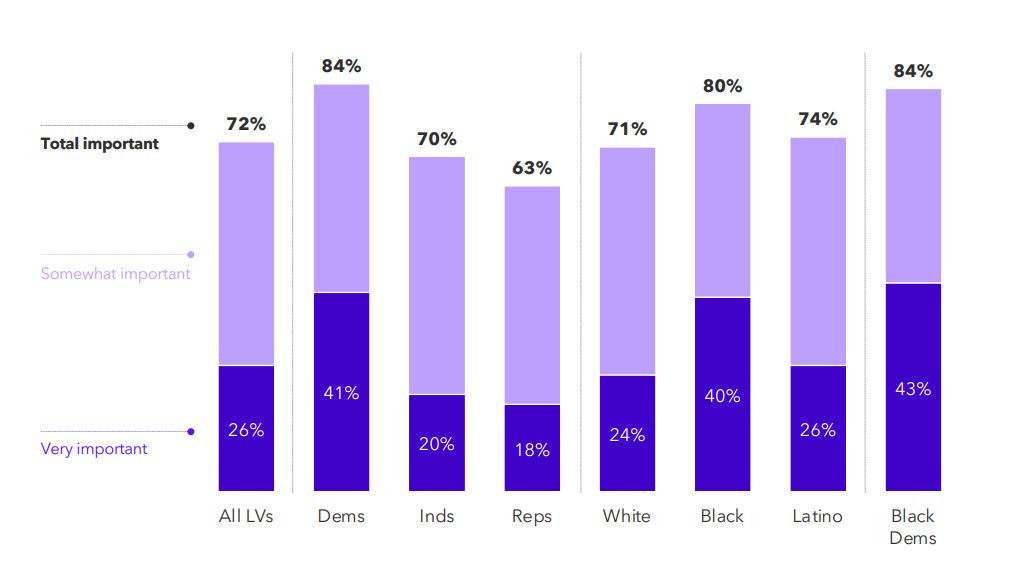Community supervision across the United States is undergoing a transformation, driven by legislative reforms that prioritize rehabilitation and support. Traditional probation systems once relied heavily on in-person check-ins and manual documentation, while today’s technology enables more accessible processes. Legislative efforts are systematically updating these approaches, using digital tools and modern strategies to create more equitable supervision that reduces stigma and supports success.
Pennsylvania Senate Bill 838: A Landmark Legislative Approach
SB838 (Act 44) is an example of such probation reform. Key provisions include:
- Prohibits incarceration for minor technical violations
- Limits unnecessary supervision
- Focuses probation resources on high-risk individuals
- Creates pathways for earlier sentence completion
The legislation represents a significant shift from punitive approaches to more nuanced, individualized supervision strategies.
Beyond Pennsylvania, multiple states are developing progressive approaches.
Virginia: Probation Reform Limiting Technical Violations
- Limits probation to one year for misdemeanors
- Limits probation to five years for felonies
- Restricts punishments for technical violations
Connecticut: Comprehensive Probation Reform Strategies to:
- Reduce unnecessary incarceration
- Restrict use of incarceration for technical violations
- Promote more effective supervision techniques
Florida: Education and Employment Credits
- Enables probation term reduction through education credits
- Offers 30-day reduction for six months of employment
- Offers 60-day reduction for educational milestones
The Calendar Is Circled for 2030
Community supervision across America continues to evolve with Reentry2030, a groundbreaking national initiative that aims to dramatically improve reentry success for individuals exiting prison and those under supervision. This ambitious campaign seeks to unite all 50 states around successful reintegration for every person with a criminal record.
The initiative focuses on scaling up resource access through housing and employment programs, advancing racial equity by addressing systemic barriers, and implementing data-driven progress tracking. This national movement aligns with existing legislative reforms to create lasting, meaningful change in community supervision.
Several states have already committed to bold, measurable objectives. North Carolina has completed or initiated 50 of their 133 strategic initiatives, while Washington State aims to increase six-month post-release employment to 40% and achieve zero returns to homelessness by 2030.
Public Support Another Catalyst for Change
Overwhelming public sentiment is driving legislative reforms. Recent polling reveals:
- 81% of likely 2024 voters supported criminal justice reform
- Broad bipartisan support for more rehabilitative approaches
- Growing recognition of systemic challenges in traditional supervision models
This public backing provides critical momentum for legislative changes across multiple states.
Nearly 3-in-4 people believe it is important to reduce the jail and prison population in the U.S., including over 60% of Republicans and large majorities of Americans of color, particularly Black Democrats. Similar shares of voters in battleground states also believe it is important.

Trends in Technical Violation Policies
Historical approaches to technical violations often resulted in reincarceration. Emerging legislative reforms are fundamentally reimagining these policies, such as:
1. Graduated Response Systems, including:
- Proportional interventions for technical violations
- Focus on addressing underlying challenges
- Reduction of automatic reincarceration
2. Alternative Intervention Strategies, such as:
- Mandatory treatment programs
- Skills development opportunities
- Mental health and substance abuse support
3. Data-driven Approaches that:
- Track effectiveness of intervention strategies
- Offer less restrictive forms of supervision technology
- Promote long-term successful reintegration
A 2022 study by The Sentencing Project indicates that innovative approaches to technical violations can:
- Reduce recidivism rates
- Lower correctional system costs
- Improve individual outcomes
- Create more effective rehabilitation pathways
Technological Integration in Reform Efforts
Modern legislative approaches increasingly recognize technology’s role in more effective supervision such as:
- Smart tracking and reporting systems
- Digital compliance monitoring
- Remote intervention and support platforms
These technological integrations support more personalized, responsive supervision strategies. Anticipated developments may include:
- More state-level legislative reforms
- Increased focus on rehabilitation
- Greater use of data-driven intervention strategies
- Expanded technological support mechanisms
Let’s Advance Professional Probation Services Together
Learn how our innovative, technology-based solutions can help streamline professional probation services, enhance public safety, and support individual’s successful reintegration. Download our product brochure and let’s work together to shape the future of community corrections.

